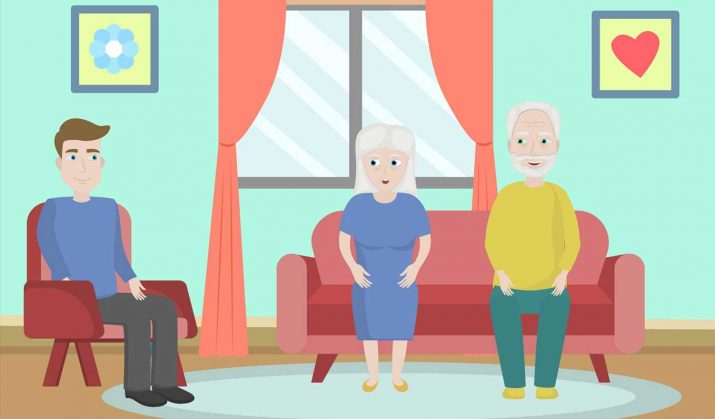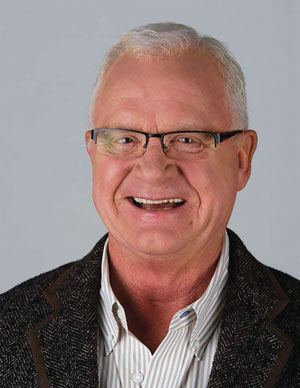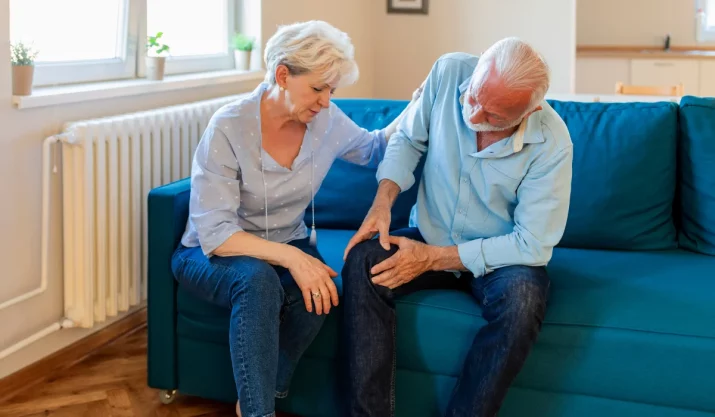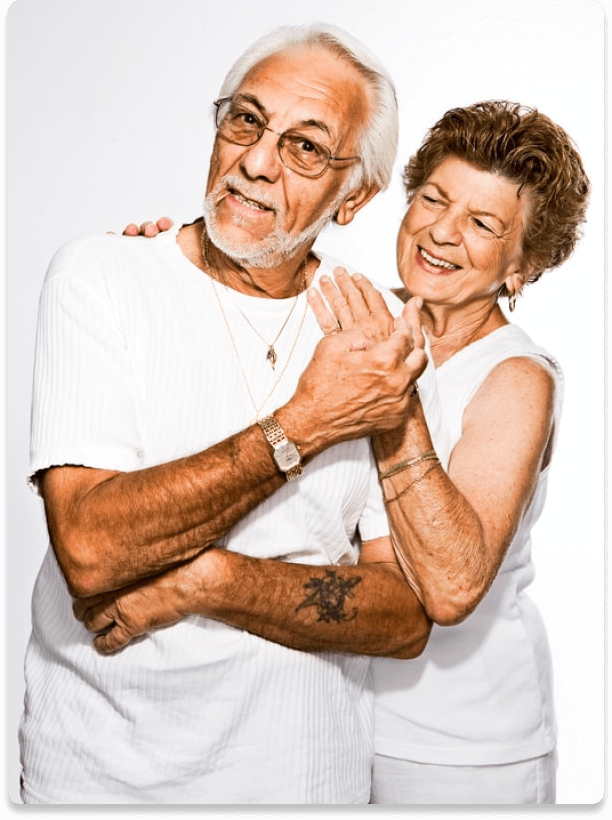Understanding Our Elderly Parents and Their Concerns

Table of Contents
Parent-child relationships can be complex, especially as parents grow older and may need to depend more on their children for help. On one hand, you have adult children of elderly parents trying to do what is best for them to keep them safe and cared for as they get older. And on the other hand, you have aging parents who may resist any help that may hinder their independence or cause major changes in their lives.
However, just because our elderly parents don’t want to accept help doesn’t mean that they don’t have good reasons. They may, in fact, have plenty of concerns that may explain their actions or thoughts. So what can you do to understand their concerns?
When interviewing the experts we spoke with, we found recurring themes that elderly parents want to maintain their independence and autonomy, have their wishes and rights respected, and have their children listen to them before making judgments about their lives.
Board-Certified Psychiatrist Dr. Loren A. Olson shared his wisdom on the subject of how adult children can better understand their elderly parents and their concerns. Below are some things to think about as you support your parents as they get older.
Why Might Your Elderly Parents Resist Making Changes?
According to Dr. Olson, “Those of us who are older (I’m 76) are certain of two things: 1. We will lose people we love, and 2. Some parts of our bodies will fall apart. The things we fear most are loss of mobility, loss of visibility, and loss of autonomy. These three are often behind the resistance the older [loved one] has to making changes.”
Maintaining Independence is Important for Self-Worth
Staying as independent as possible is crucial for your parents, and doing so may become more difficult as they get older. Dr. Olson explains the connections that exist among driving, autonomy, independence, and self-worth.
“Driving a car is often one of the biggest concerns and it involves both the fear of loss of mobility and the loss of autonomy. Losing access to driving moves us immediately from being independent to being dependent upon others.”
“In our culture, success and independence are inextricably paired, so losing the privilege of driving leads to feelings of failure, and self-reliance is bound to self-worth. Families, in the efforts to obtain a safe living environment for their older, frequently fail to realize how these things impact the self-esteem of the older person.’”
Determining Competency May be Difficult
Dr. Olson says that determining competency may be challenging. “In some cases, the older [loved one] is not competent to make decisions, but the legal test for competency is rather strictly defined. A person can have significant mental impairments and still remain legally competent. Families will see changes and think their older [loved one] is not competent while legally they remain competent. Often the determination must include some psychological testing to try to get some objective evidence. This testing isn’t easily accessible, is expensive, and often not paid for by Medicare.”
Choosing Guardianship Might be an Option
If your parent is deemed incompetent or needs help managing finances or making important decisions, you might want to consider guardianship.
“A person can voluntarily allow someone to be their guardian, but this is a legal process. Guardianships can be either general (for all decisions) or limited (e.g. for finances only). Many older [loved ones] will resist making someone their guardian, and families are often reluctant to involve the courts.”
Ensuring Safety is Critical at Home and on the Road
“An occupational therapist can do a home safety test,” says Dr. Olson. “They set up certain obstacles to see if the older [loved one] recognizes them, (e.g. placing an ice cube on the floor). Once again this provides some objective evidence for decisions, which are often complicated by emotions.”
“A family can request a driving test to determine safety, and sometimes a license can be restricted to only certain hours and to a limited number of places, (e.g. church and grocery store).”
What Can You do to Help?
Respect their Rights
“It is really an ethical question about when a family has a right to take away decision making from the older [loved one]. For the older person, if they are competent to understand the risks of living independently and are willing to assume those risks, their wishes of the older will usually come first. I often tell families that in these circumstances change will come because of some emergency, (e.g. a fall).
Support their Autonomy
“About 75% of older [loved ones] past the age of 85 live relatively independently with only some minor support. I feel the best approach is for the family to say, ‘We want you to be able to live independently as long as possible, and having some support will make that possible. What kind of support would you accept that might make it possible for you to remain as independent as possible?’ This approach engages the older [loved one] in the decision-making process, giving support to some autonomy for the older.”
Approach them with Facts and Collaboration
“Families should approach older [loved ones] with facts rather than emotions, ‘Here is what we’ve observed… Here are what we see as the risks… How can we best help you to remain as independent as is safely possible?’ The most important thing, in my opinion, is to approach these difficult decisions in a collaborative way rather than an adversarial, unilateral manner.”
Dr. Olson says, “Aging isn’t a disease. Older [loved ones] are a reservoir of experience and wisdom.” You have probably learned a lot from them over the years. It is important to remember this as you listen to and collaborate with them to meet their needs and address any challenges that arise. Coming from a place of empathy can help you gain a better understanding of their concerns and how you can support them as they get older. It will also show them that you respect them and their need for independence and autonomy.
Related Reading:
- Stubborn Aging Parents Or Misunderstood: 12 Experts Weight In
- Is It Unethical To Put Elderly Parents Into A Nursing Home?
- Getting Paid For Taking Care Of Your Elderly Parent In California

Loren A. Olson, MD, is a board-certified gay psychiatrist with more than 40 years of experience. He is a Distinguished Life Fellow of the American Psychiatric Association, and the National Alliance for Mental Illness named him an Exemplary Psychiatrist. He is also the author of Finally Out: Letting Go of Living Straight, which won the Gold Award from the Independent Book Publishers Association in the category of “Best LGBT Non-Fiction.”








